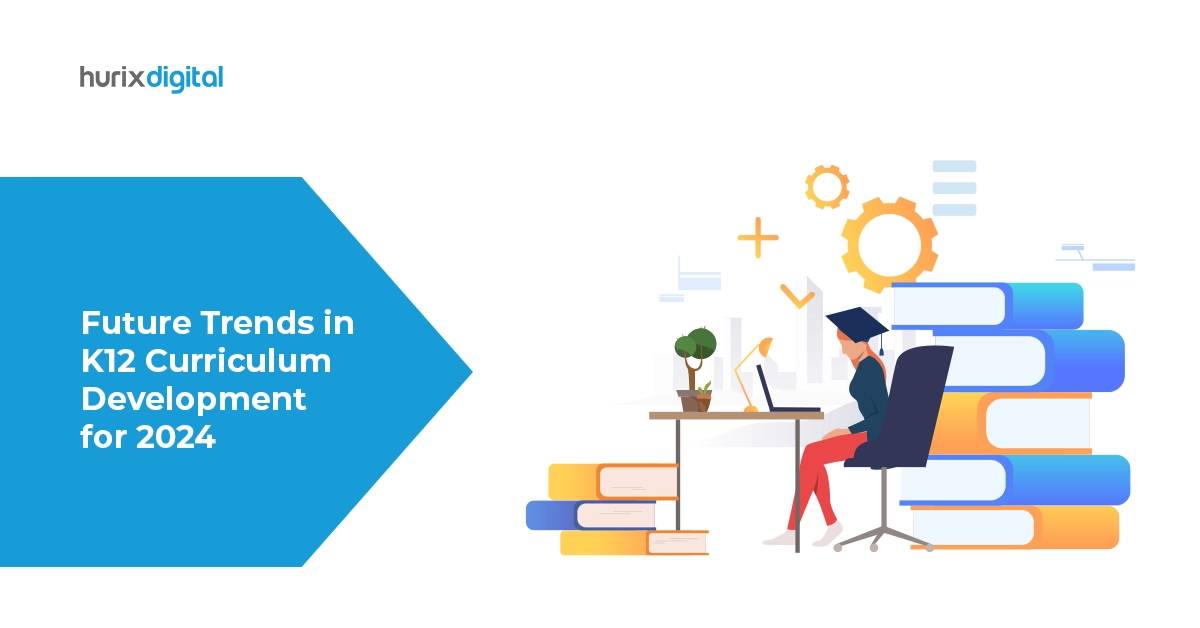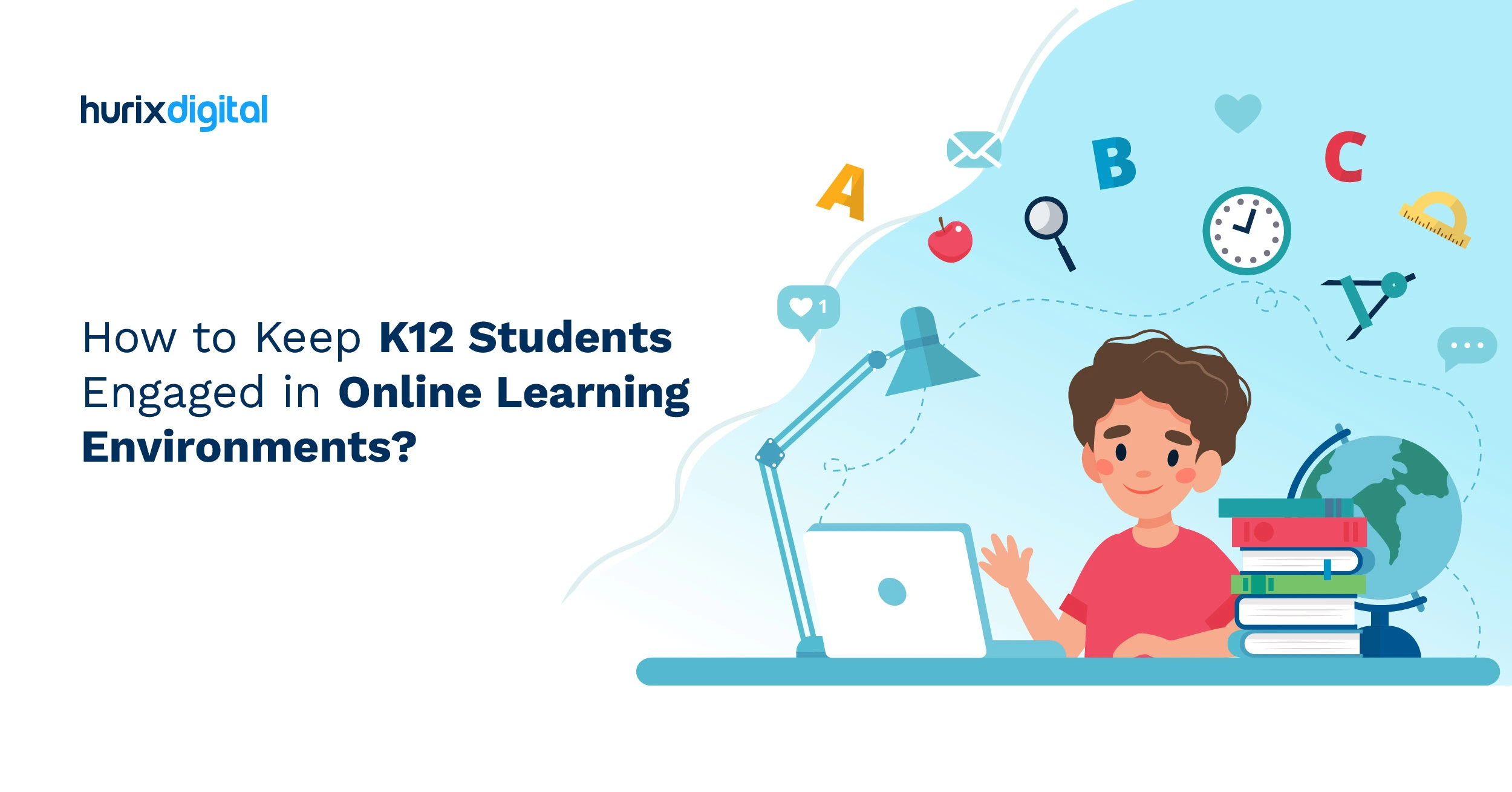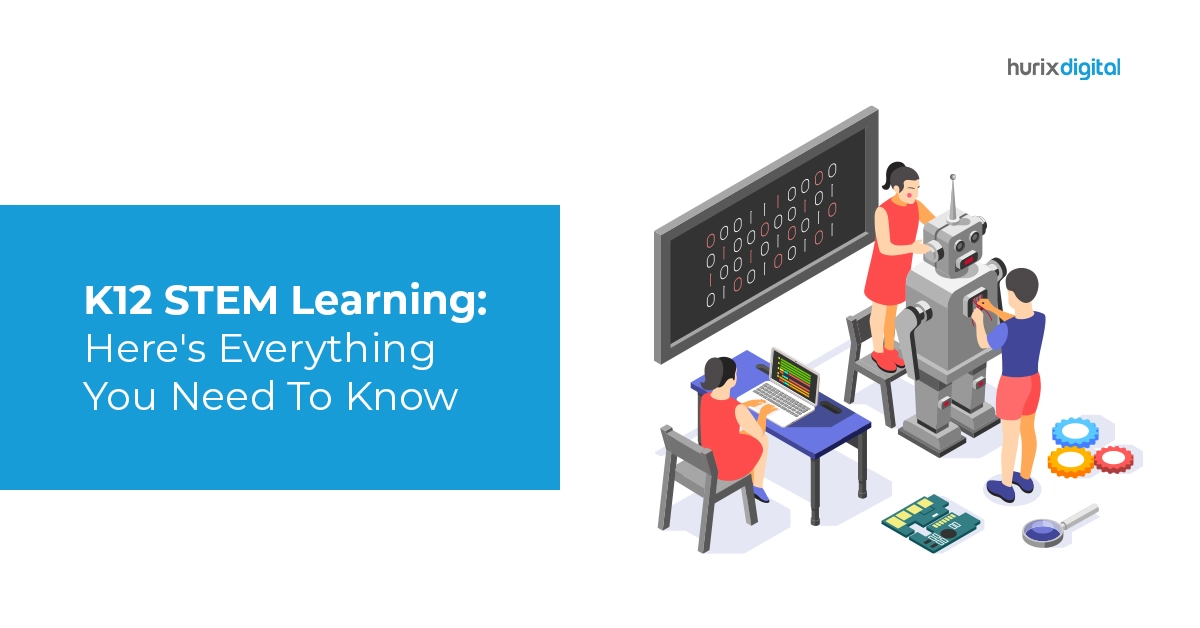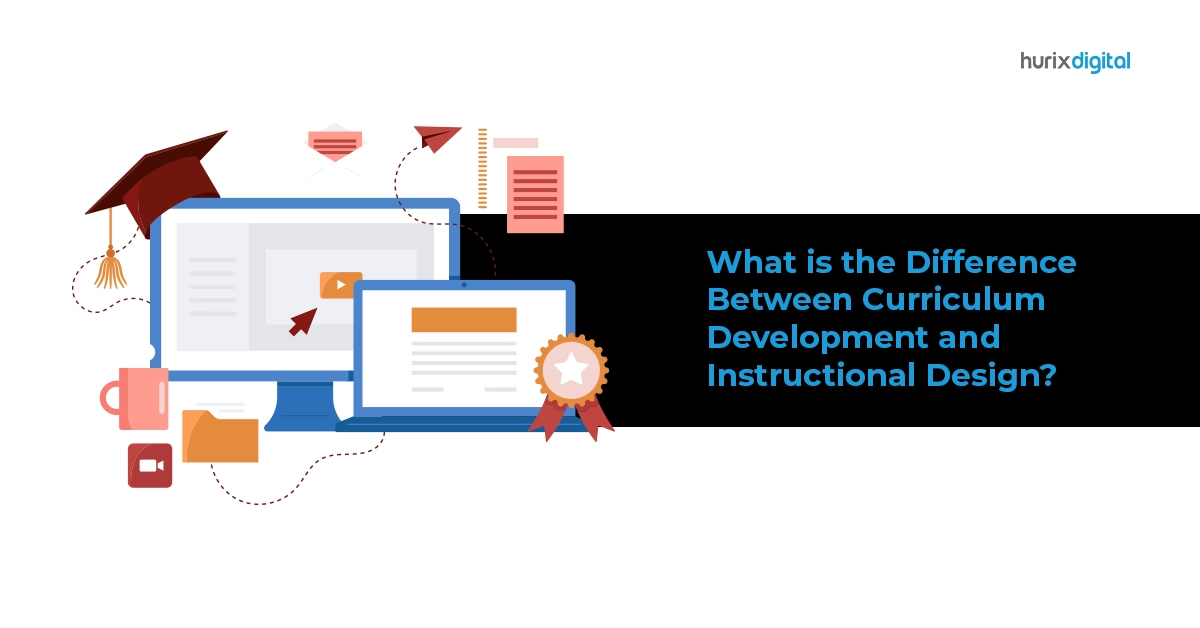
Future Trends in K12 Curriculum Development for 2025
Summarize with:
In the year 2025, the way we educate our children is undergoing significant changes. These changes are driven by a growing understanding of the need to adapt our educational methods to better prepare students for the challenges they will face in the modern world.
As we look ahead, we can see many exciting new trends emerging in K12 education and curriculum development. These trends hold the potential to enhance students’ educational journeys and arm them with the essential skills and knowledge required to thrive in the contemporary era.
In this post, we’ll cover some of these major trends that are shaping education in 2025. Read on!
Table of Contents:
Top K12 Education Trends in 2025
Below are the top trends that are not only shaping education in 2025 but are also anticipated to revolutionize K12 curriculum development:
1. Personalization: Tailored Learning for Every Student
One of the most significant trends in K12 curriculum development is the increasing focus on personalization. This approach seeks to tailor learning experiences to individual student needs, strengths, and learning styles.
According to the United Nations Educational, Scientific and Cultural Organization (UNESCO), access to quality education is equivalent to personalized education.
Personalized learning can take various forms, including:
- Differentiated Instruction: Adjusting instructional methods, materials, and assessments to cater to individual needs.
- Adaptive Learning Technologies: Platforms that use student data to personalize content and adjust the learning pace in real time.
- Student-Centered Projects: Allowing students to choose topics they are passionate about and pursue their learning pathways.
The benefits of personalized learning are vast, including:
- Increased student engagement and motivation
- Improved academic performance and achievement
- Development of critical thinking and problem-solving skills
- Fostering a sense of ownership and responsibility for learning
Creating culturally responsive pedagogy is another notable trend in K12 curriculum development. This approach acknowledges diverse student backgrounds and learning styles, ensuring the curriculum is culturally relevant and engaging for all students.
Also Read: Empowering Every Student: Customizing K12 Education for Individual Growth and Success
2. Technology Integration: Embracing Technology as a Learning Tool
Technology is no longer simply a classroom supplement; it’s becoming an integral part of the learning process. From interactive whiteboards to virtual reality applications, a vast array of technological tools can empower educators and enhance student learning.
Here are some key ways technology is impacting K12 curriculum development:
- Augmented Reality (AR) and Virtual Reality (VR): Immersive technologies are changing the way students learn about various subjects, from exploring historical events to conducting virtual experiments in science.
- Artificial Intelligence (AI): AI-powered tools can personalize learning experiences, identify student difficulties, and provide targeted support.
- Collaborative Learning Platforms: Online platforms enable students to connect and collaborate with peers across geographical boundaries, fostering communication and teamwork skills.
According to a Gallup report, 85% of educators believe technology has the potential to personalize learning and improve student engagement. However, it’s crucial to utilize technology thoughtfully, ensuring it complements and enhances learning, not replaces traditional teaching methods.
The use of gamification and game-based learning is gaining traction in K12 curriculum development. By incorporating game mechanics and elements like points, badges, and leaderboards, learning can become more engaging and interactive, fostering motivation and knowledge retention.
This approach can be particularly beneficial for kinesthetic learners and can be applied across various subjects to enhance the learning experience.
3. Global Awareness: Fostering Empathy and Understanding
In an increasingly interconnected world, fostering global awareness in students is crucial. This trend encourages critical thinking about global issues, fostering empathy and understanding of diverse cultures and perspectives.
Here are ways K12 curriculum development is incorporating global awareness:
- Integrating Global Themes and Case Studies: Embedding global perspectives in various subjects, like exploring environmental challenges and comparing cultural practices.
- Project-Based Learning Projects: Collaborating with students from different countries on projects that address global issues, fostering multicultural communication and collaboration.
- Exchange Programs and Virtual Field Trips: Providing opportunities for students to connect with peers from different cultures, either in person or virtually, broadening their understanding of the world.
A UNESCO report highlights the importance of global citizenship education, stating that it equips learners with the knowledge, skills, and values they need to participate effectively in a truly globalized world.
4. Social-Emotional Learning (SEL): Building the Whole Experience
The importance of social-emotional learning (SEL) is increasingly recognized in K12 curriculum development. SEL focuses on developing critical life skills, including self-awareness, self-management, relationship skills, and responsible decision-making.
According to the Collaborative for Academic, Social, and Emotional Learning (CASEL), students with strong SEL skills are more likely to:
- Achieve higher academic performance
- Develop positive relationships with peers and adults
- Make responsible choices and manage their emotions effectively
Recognizing the growing importance of mental health and well-being, curriculum development in 2025 will likely place a greater emphasis on integrating social-emotional learning (SEL) strategies and creating supportive learning environments.
This may involve incorporating mindfulness exercises, teaching coping mechanisms for stress management, and fostering positive relationships between students and educators.
5. Emphasis on Career and Technical Education (CTE)
Career and technical education (CTE) is gaining significant attention, recognizing its potential to equip students with the skills and knowledge needed for high-demand jobs in various industries.
By offering specialized programs aligned with current market needs, schools are empowering students to pursue successful careers and contribute meaningfully to the workforce.
Research suggests that career and technical education fosters several essential skills, including:
- Critical Thinking: Analyzing complex issues from different perspectives
- Problem-Solving: Developing solutions to global challenges
- Communication and andCollaboration: Engaging effectively with diverse individuals
- Empathy and Intercultural Understanding: Appreciating different cultures and perspectives
The curriculum is increasingly incorporating computational thinking and coding skills, equipping students with the ability to analyze problems, design solutions, and utilize technology effectively. This prepares them to thrive in a world increasingly reliant on technology and data.
By learning to think critically and creatively while solving problems through code, students develop valuable skills applicable to various disciplines and future career paths.
Check out EXCLUSIVE: Hurix Minibook: The Paradigm Shift in Higher Education with Curriculum Development
Wrapping Up
The future of K12 curriculum development is brimming with exciting possibilities. By embracing these emerging trends, educators can create learning experiences that are personalized and innovative, and prepare students for success in a rapidly changing world.
At Hurix Digital, we are passionate about supporting educators in their mission to deliver engaging and impactful learning experiences.
We offer a wide range of services, including curriculum development, educational technology solutions, and professional development programs, all designed to equip educators with the tools and knowledge they need to thrive in this ever-changing environment.
Team up with us to transform your educational vision into reality!
Summarize with:

 A Space for Thoughtful
A Space for Thoughtful 




